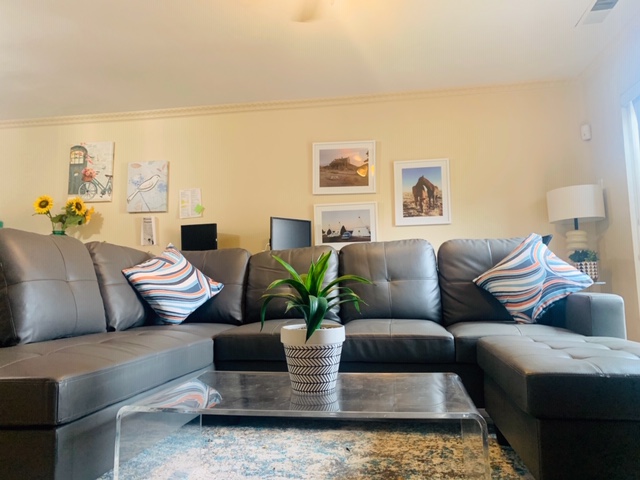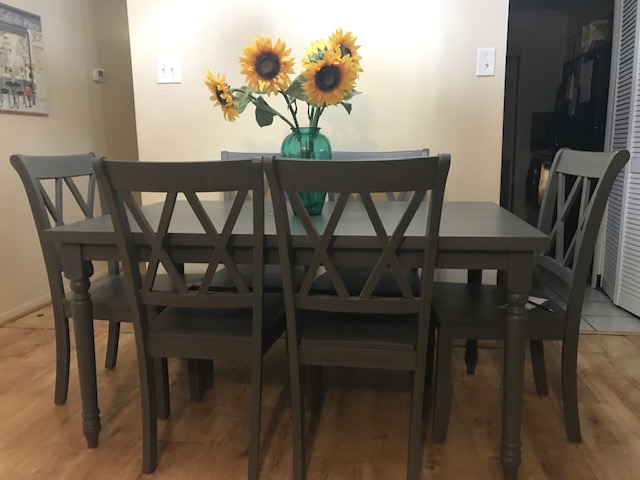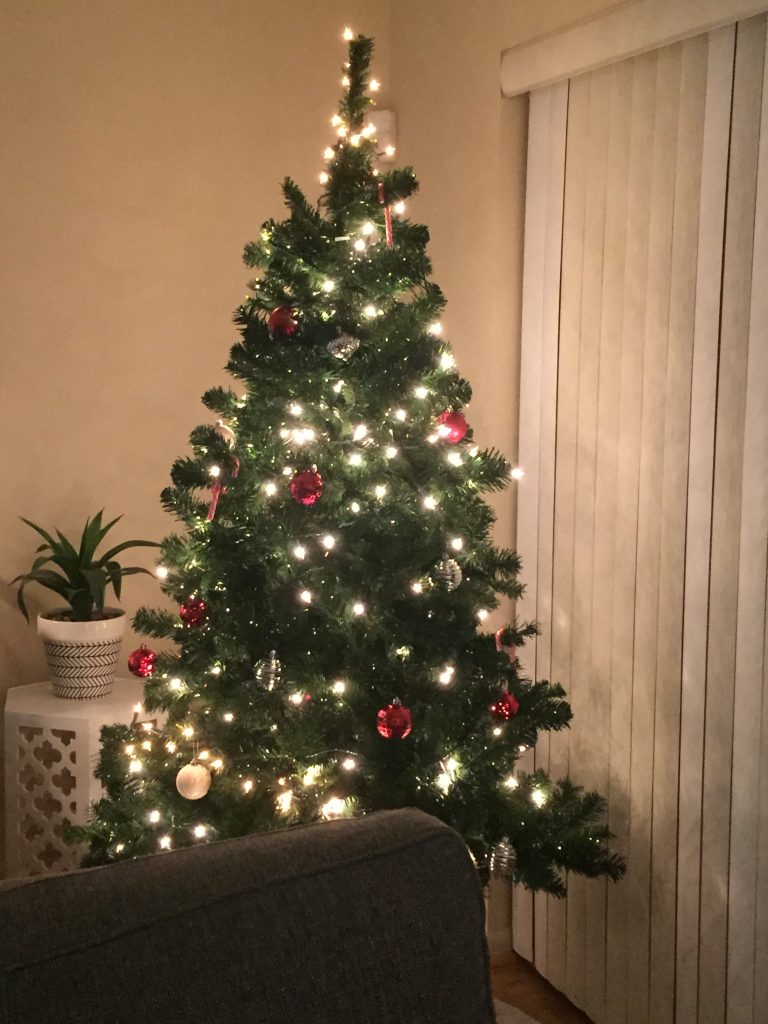The FAIR Girls Vida Home is the first ever safe, empowering transitional home in Washington, D.C. exclusively for female-identifying survivors of human trafficking or commercial sexual exploitation aged 18 to 26. The Vida Home breaks the cycle of exploitation in the lives of up to 50 young women survivors per year.
More Than A Shelter
Our Vida Home is more than a shelter; it is a home, where up to 6 young women at a time receive access to holistic care including a warm bed, meals and basic necessities, access to counseling and survivor support groups, personal growth and workforce development programming, and access to safe transportation to and from work, school, and our confidential Drop-In Center. Each young woman can stay up to 90 days while we work with her to find longer-term housing.
The Vida Home program is supported by our dedicated team of three Residential Care Coordinators, Case Management Coordinators, Housing Manager, Direct Services Manager, Director of Programs, and experienced and trained residential contractors and volunteers.
FAIR Girls’ approach is one of depth and commitment. Each survivor has a personal case manager who works daily with her to ensure she meets her goals and stays safe. During the week, Vida Home residents can join FAIR Girls at our Drop-In Center.
Inspiration for the Vida Home
A chance meeting, inside a dark Serbian brothel, brought 14-year-old sex trafficking victim, Vida, to be the inspiration for the home. Vida’s life as a homeless and trafficked teenage girl illuminated the desperate need for a restorative home that would stop the cycle of exploitation and violence in her life. It is in her honor that the Vida Home began. As FAIR Girls grew to serve hundreds of American girls, the most glaring need emerged for a safe and specially-designed home for young women survivors of trafficking. Just like Vida, their chances to thrive were greatly diminished if they did not have a safe place to begin their path toward recovery.
Why Do Survivors of Human Trafficking Need Specialized Housing?
Young women housed in the FAIR Girls Vida Home are currently 58% more likely to exit commercial sexual exploitation and remain disengaged with their perpetrator when compared with those referred to non-specialized housing services through community partners. Without this critical resource, victims recovered by law enforcement entities are likely to be incarcerated and are often subsequently re-victimized and traumatized in prison settings until shelter beds become available. FAIR Girls’ partners in law enforcement cite feeling more comfortable intervening in known human trafficking rings with knowledge that available housing resources are now available for victims. Without these specialized housing services, interventions are less likely to occur and/or be effective for this population and victims are more likely to be incarcerated and re-traumatized in an effort to remove them from the immediate danger of street-based crime.
Vida Home Survivor Stories
Chelsea is a 20 year old D.C. native whose trafficking began at 14 when she was introduced to a pimp by her cousin. Chelsea thought they were falling in love, but after gaining her trust, her trafficker began selling her in hotels across the D.C. area using online advertising sites and the streets. At 16, Chelsea was arrested for solicitation and sentenced to 2 years in a juvenile facility. At 18, she obtained her GED but could not find a job. Her trafficker found her and soon she was being sold again. At 20, Chelsea finally called 911 and the police called FAIR Girls. After spending three months in FAIR Girls’ Vida Home, Chelsea now is an assistant teacher aid at a local high school and planning to go to college. Her dream is to become a teacher and have a family.
Carrie is a 19 year old high school graduate whose exploitation began when her family member sold her to a pimp. After the death of her younger sibling, Carrie lived in foster group homes. After a month of being sold online, Carrie was taken from the Midwest to Washington, D.C. where she was helpless and alone. One night on the streets, she saw a police car and ran toward it. After her rescue and her family member’s arrest, she moved into FAIR Girls’ Vida Home. At FAIR Girls, Carrie received daily access to supportive counseling, crisis support, and began to rebuild her life. With a high school diploma and a new resume and job training, Carrie was able to move back to her home state where she is now living with a distant relative and working in merchandizing while applying to college.
Maria is a 19 year old Guatemalan American young woman whose family trafficked her into forced labor. Like many unaccompanied minors in America, Maria did not speak English and did not know her rights to an education or protection by the police. She suffered in silence while she worked 20 hour days in hotels and garment districts while being sexually abused by the gang who controlled her. Maria escaped her traffickers in Baltimore and was referred by Homeland Security after they learned of her situation. Maria resided in the FAIR Girls Vida Home for three months while becoming enrolled in local GED and English classes. She has now obtained her legal status as a trafficking survivor and is working in the travel industry. She loves making jewelry, dancing salsa, and cooking. Her dream is to some day return to Guatemala and start a bed and breakfast on the beach.





